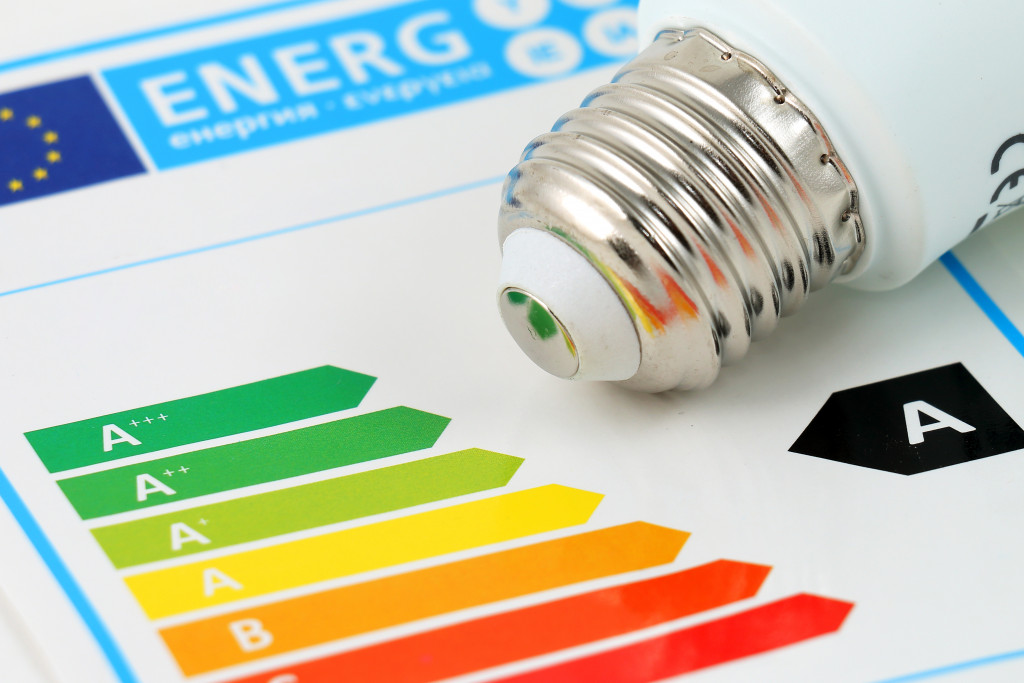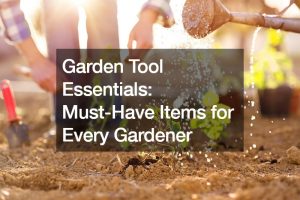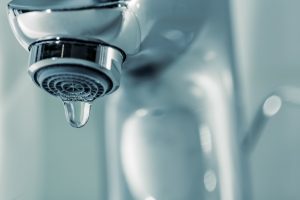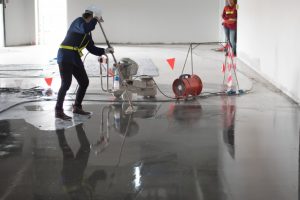In this fast-running modern world, people find ways to save some extra money yet not adjust to anything less. Energy-efficient households hold many benefits, including healthy living space, both for the mind and body. It is budget-friendly as you can reduce your bills by a significant margin. And for a great deal, conserving energy has the greatest benefit of saving the environment.
Moreover, the ozone layer is now depleting at a rate much faster than a century ago. And while you may ask, how can I contribute to saving the planet from not reaching global warming at this rate? The answer to this simple question begins from your home only. The more you conserve energy, the more you are saving the planet.
Nevertheless, here are some of the best ways you can make your home energy-efficient:
-
Table of Contents
- Switch to LED Lights
- Insulate Your House
- Clean Your Refrigerators
- Know that Sunlight Is a Friend and a Foe
- Switch Off Appliances When Not in Use
- Use the Thermostat on the Correct Setting
- Like the Sunlight, Put Natural Air to Its Good Use
- Make Your Outdoor as Efficient as Inside
- Turn Off Ventilation Systems When Not in Use
Switch to LED Lights
LED lights should be made an official trend in households now. They don’t consume the same amount of electrical energy as other standard light bulbs. They produce very little heat and are therefore much cooler. Newer models of LED lights are of more solid material and less prone to breaking.
-
Insulate Your House
You will never know many bills you can reduce by keeping the air inside your home separated from the one outside. Proper insulation and trapping of air can reduce a significant amount of your heating and cooling expenditures. Make sure that your house has the appropriate insulation to ensure that energy isn’t used unnecessarily.
-
Clean Your Refrigerators
The ice build-up in your refrigerator can affect the way your refrigerant provides cooling. This even hinders the working efficiency of the appliance. While discussing cooling devices, know that you should never keep your appliance empty. They work better when filled with stuff, even if they are just water-filled bottles. If you live alone and don’t have much stuff to store, you should always fill it with containers.
-
Know that Sunlight Is a Friend and a Foe

Consider using natural light during the daytime. Using natural light can impact your bill as you don’t have to switch on any bulbs in the room. But if you use air conditioners in the daytime, it’s better to draw the curtains a little to reduce the amount of heat the room absorbs. The more heated your room naturally is, the more energy the air conditioner will use to provide optimal cooling.
-
Switch Off Appliances When Not in Use
Don’t be a lazy bum when switching off the buttons of appliances not in use. Even in standby mode, it still drains tiny amounts of electricity from the circuit. If the device is an old toaster or microwave, it is more likely to drain more power. So the only correct way to save energy from getting drained is to turn the appliance off and unplug it from the electrical socket.
-
Use the Thermostat on the Correct Setting
Contrary to popular belief, reducing the temperature on your thermostat will not cool the room faster. So you should always set it to the desired settings for winters and summers. For every degree you increase or decrease, the power suppliers add more dollars to your bill. One can always shift to an automatic programmable one that adjusts itself accordingly.
-
Like the Sunlight, Put Natural Air to Its Good Use
Everyone has at least one balcony or an airy room in their home. Putting that to good use is always a good idea. Open the windows and let the wind in. Similarly, switch to air-drying your hair rather than blow-drying it. The amount of power these appliances consume can be solved by wind naturally blowing outside, which is also free to use.
-
Make Your Outdoor as Efficient as Inside
Providing your exterior the perfect and efficient lawn care can be an attraction for your house and a sustainable practice. You can plant various trees that provide shade to your home, thus keeping it cool naturally. You can use your compost to fulfill your fertilizer requirement. Not only do you save energy in your house, but you also beautify the area that surrounds it.
-
Turn Off Ventilation Systems When Not in Use
The ventilation systems in your home exchange air from outside with the inside, be it the bathroom ventilation or your kitchen’s exhaust fan. The continuous exchange of air can vary temperatures inside the room, and the usage will use more power. So switch them off when they’re not in use to reduce the power consumption.
With these ideas in mind, you can now know how to make your house more energy-efficient. Although it may seem a bit expensive, the right amount of investment can help you in the long run.






